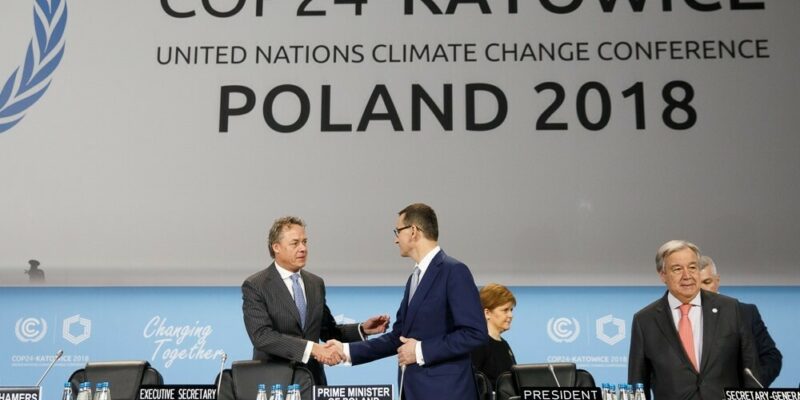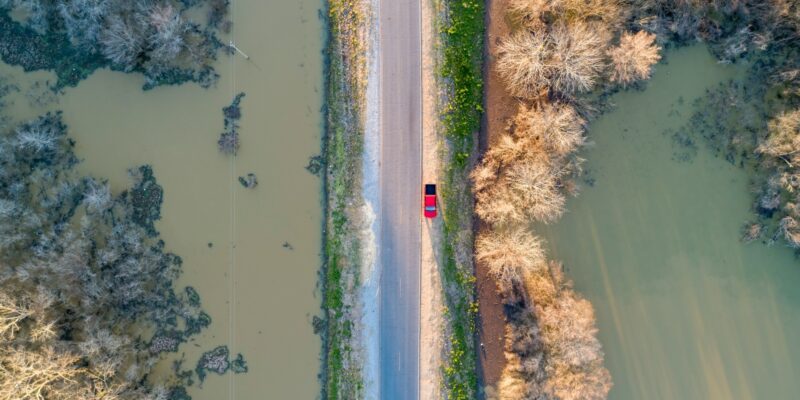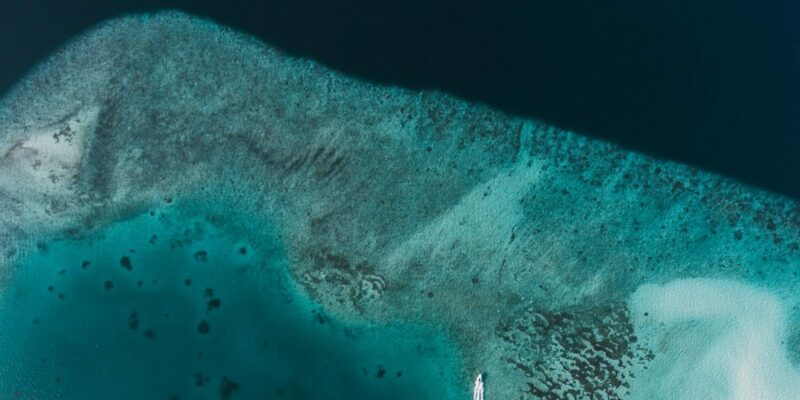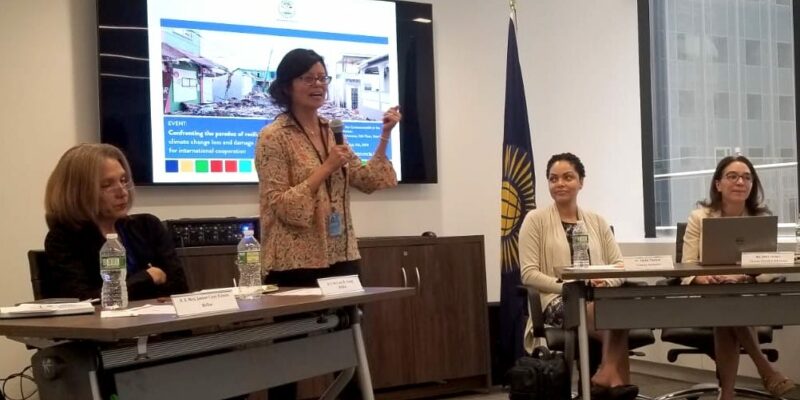Comment
Insights and expert analysis on climate issues.
Share


Progress on Loss and Damage in Katowice
Dr Olivia Serdeczny

The United States is already experiencing impacts of climate change across most sectors and regions and it’s likely to get worse, according to the Fourth National Climate Assessment, published in November 2018.
The authoritative report has been written by 300 expert authors from 13 Federal institutions and other agencies, sets out a grim picture of the impacts of climate change while calling for global efforts in mitigation to reduce the many risks to the US.

Good news! Loss & damage in the IPCC Special Report on 1.5°C
Dr Olivia Serdeczny

Loss and damage in the Paris Agreement rule book – state of play
Dr Olivia Serdeczny
In Bangkok, building on consistent calls at negotiation sessions since Paris in December 2015, many developing countries argued that loss and damage should be systematically considered in this context. How did that go?


How to ensure solutions really work – key questions for the Suva Expert Dialogue on Loss and Damage
Dr Olivia Serdeczny
As experts gather at the Suva Expert Dialogue 2-3 May in Bonn, it is worthwhile to highlight key questions that must be taken into account when discussing possible solutions to loss and damage in developing countries: responsibility, feasibility and affordability.